Publications
Articles, publications, books, tools and multimedia features from the U.S. Institute of Peace provide the latest news, analysis, research findings, practitioner guides and reports, all related to the conflict zones and issues that are at the center of the Institute’s work to prevent and reduce violent conflict.
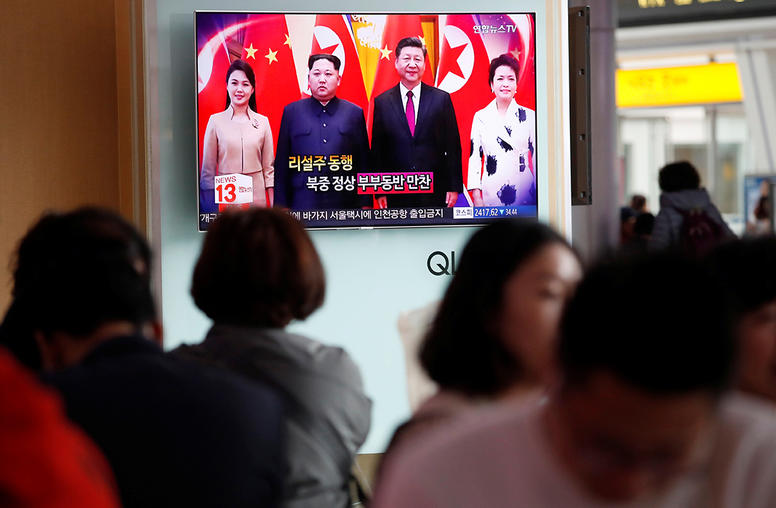
China’s Role in North Korea Nuclear and Peace Negotiations
This is the second in the Senior Study Group (SSG) series of USIP reports examining China’s influence on conflicts around the world. A group of fifteen experts met from September to December 2018 to assess China’s interests and influence in bringing about a durable settlement of the North Korean nuclear crisis. This report provides recommendations for the United States to assume a more effective role in shaping the future of North Korea in light of China’s role and interests. Unless otherwise sourced, all observations and conclusions are those of SSG members.
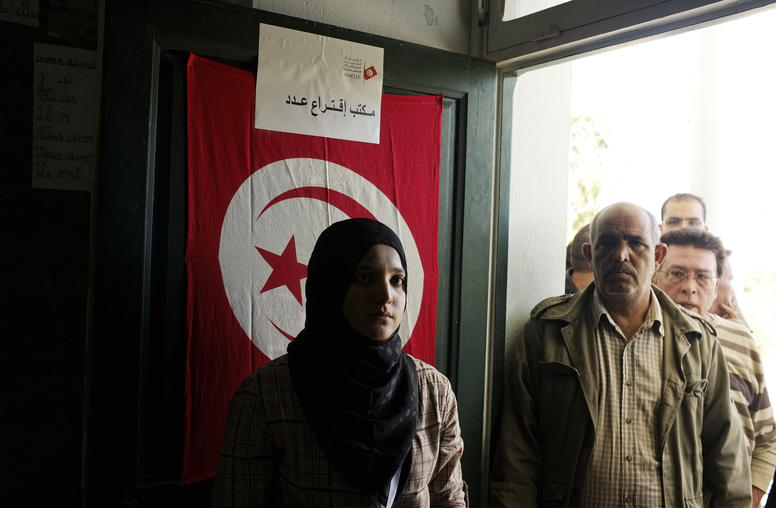
Amid North Africa’s Turmoil, Tunisia’s Steady Transition Moves Forward
From Algeria to Libya to Sudan, North Africa has been roiled by protests and fighting in recent months not seen since the 2011 Arab uprisings. Those uprisings were sparked in Tunisia, which has continued a steady, if uneven, democratic transition in the years since. Despite the challenges posed by this regional turmoil, the small Mediterranean nation must continue to focus on domestic problems, said Tunisia’s defense minister, Abdelkarim Zbidi, this week at the U.S. Institute of Peace. What happens in Tunisia in the years to come will be important for the entire region.

Thomas Hill on the Upheaval in North Africa
From Algeria to Libya and beyond, North Africa has been roiled by unrest in recent months. USIP’s Thomas Hill says at its core this turmoil is the result of “governments having not performed to the degree that they [the people] want or need them to” and discusses how it impacts U.S. interests.
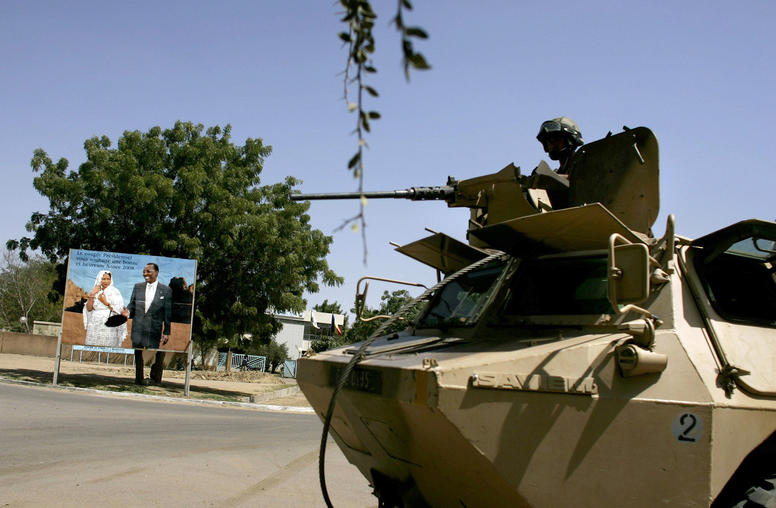
Chad, and Darfur, After Bashir
The politics of the Central African nation of Chad are closely connected with those of Sudan, most prominently because of Darfur, the vast and troubled Sudanese region which borders Chad to the east. The recent fall of Sudan’s president Omar al-Bashir—in power since 1989—raises questions about the future of Chad’s president and U.S. ally, Idriss Déby, beset by similar governance challenges and in power since 1990. Jérôme Tubiana, co-author of a 2017 USIP report on Chad, and USIP’s Aly Verjee discuss the implications of political change in Sudan for Chad.
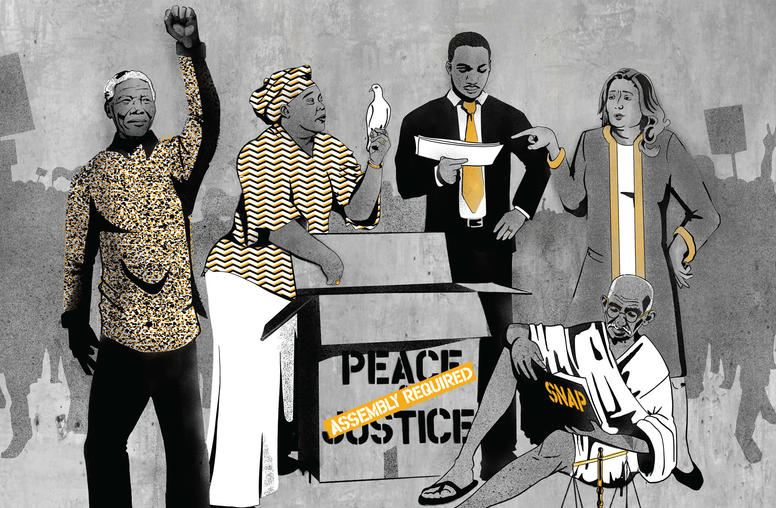
SNAP: Synergizing Nonviolent Action and Peacebuilding
This action guide seeks to build bridges between peacebuilding and nonviolent action practitioners so that methods are used strategically and effectively on the path toward conflict transformation. It shows how dialogue, direct-action skills, and approaches can be synergized to advance justice and sustainable peace. This guide is for trainers, facilitators, and other practitioners serving the many organizers, activists, mediators, negotiators, and peacebuilders who want to learn more about how to integrate nonviolent action and peacebuilding strategies in their work.
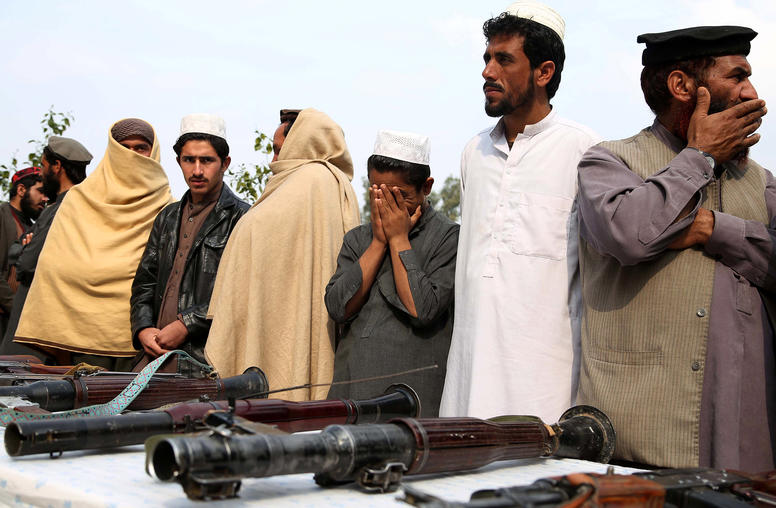
Options for Reintegrating Taliban Fighters in an Afghan Peace Process
A central issue for Afghanistan in achieving stability is making long-lasting peace with the Taliban. The success of any such agreement will depend in large part on whether Taliban commanders and fighters can assume new roles in Afghan politics, the security forces, or civilian life. This report explores that question, drawing on lessons from how similar situations unfolded in Burundi, Tajikistan, and Nepal.
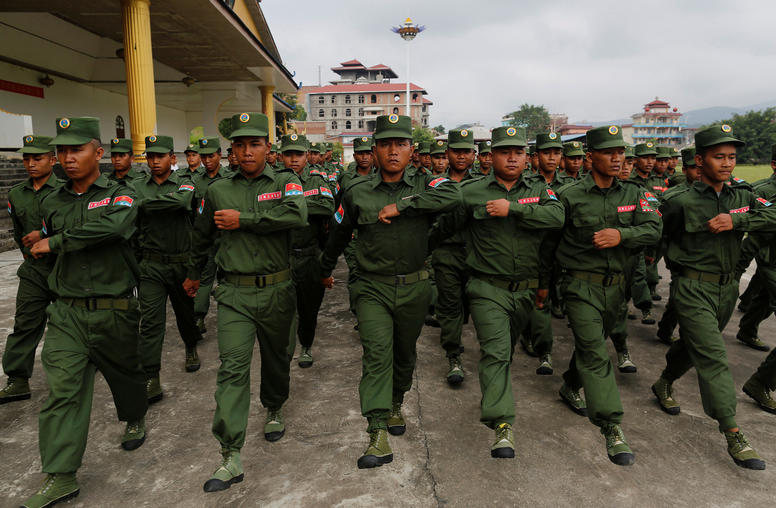
The United Wa State Army and Burma’s Peace Process
The United Wa State Army, a force of some twenty-thousand fighters, is the largest of Burma’s ethnic armed organizations. It is also the best equipped, boasting modern and sophisticated Chinese weaponry, and operates a formidable drug empire in the Golden Triangle region. This report examines the history of the Wa people, the United Wa State Army’s long-standing political and military ties to China, and the Wa’s role in Burma’s fragile peace process.
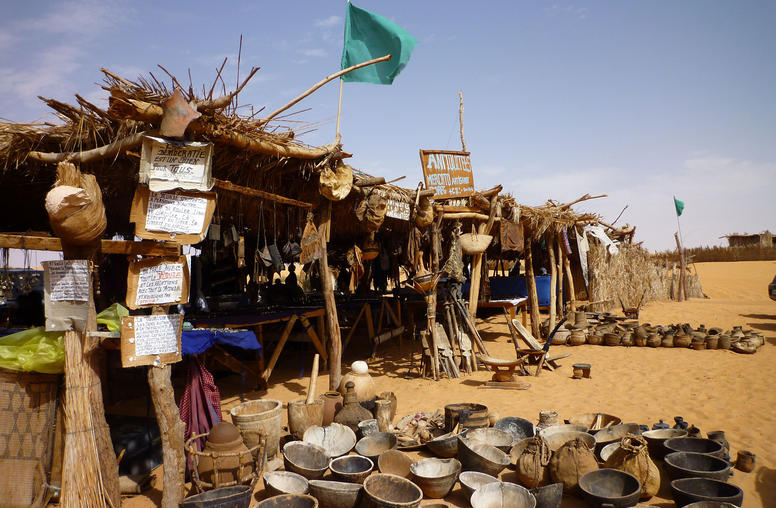
Amid War in Libya’s North, a Peace Effort Launches in the South
The Libyan faction leader, Field Marshal Khalifa Haftar, made global headlines this month with his assault on the capital, Tripoli. But in January, fewer people noticed his preparatory move: a takeover of the country’s vast southern region, Fezzan. Fezzan is mostly desert but flecked with oil fields and agriculturally rich oases. Libya’s U.N.-recognized government, which is Haftar’s rival in claiming power, has largely neglected the south, leaving armed groups from different tribes to fight for control of economic resources. This absence of governance, across an area larger than California, offers a haven for threats to regional and U.S. security interests: human trafficking, arms smuggling, and violent extremist groups.
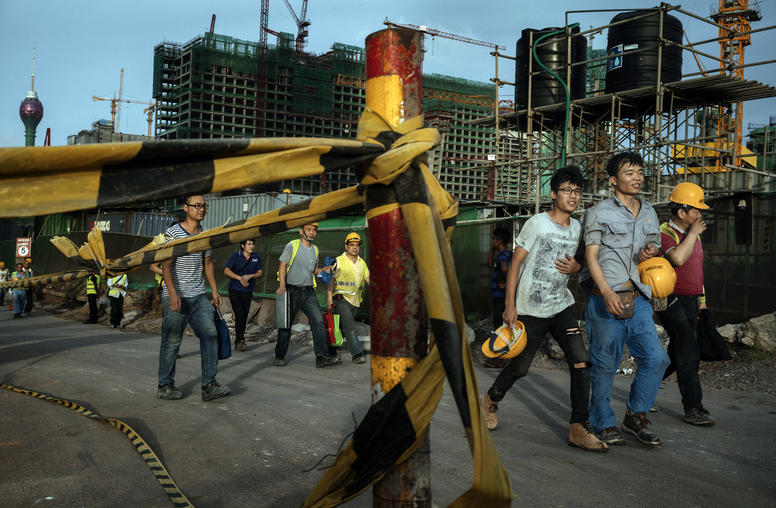
Where Does China’s Belt and Road Initiative Stand Six Years Later?
Few projects illustrate the risks of China’s Belt and Road Initiative (BRI) better than the Hambantota port in Sri Lanka. In 2017, unsustainable debt loads drove Colombo to give China a 99-year lease and controlling equity stake in the Hambantota port, while local communities protested the loss of sovereignty and international observers worried about China’s strategic intentions. The Hambantota case may be an outlier, but it has become a “canary in the coalmine,” and a warning sign to other BRI participants about what their future may hold. Increasingly, countries around the world are taking steps to reassert their influence over BRI projects—and Beijing has taken note.
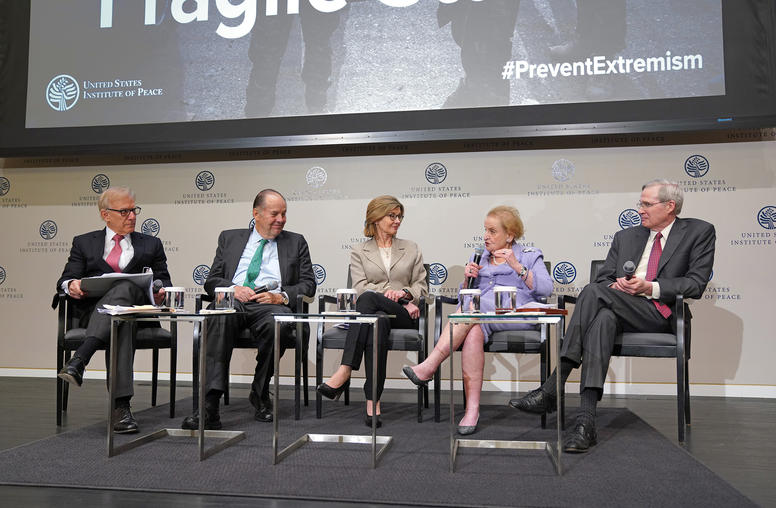
Fragile States and Violent Extremism: New Ideas for a Policy of Prevention
On April 21, suicide bombers in Sri Lanka reminded the world that the end of the Islamic State’s “caliphate” by no means marked the defeat of violent extremism. Indeed, despite trillions of dollars spent and tens of thousands of lives lost, terrorism is spreading. The urgency of checking the ideology behind terrorism, particularly where the ground for it is most fertile, has never been greater, said members of the Task Force on Extremism in Fragile States this week at the U.S. Institute of Peace.